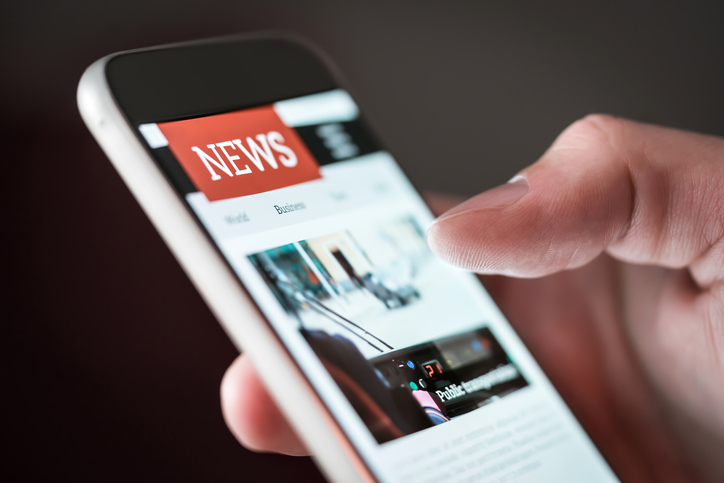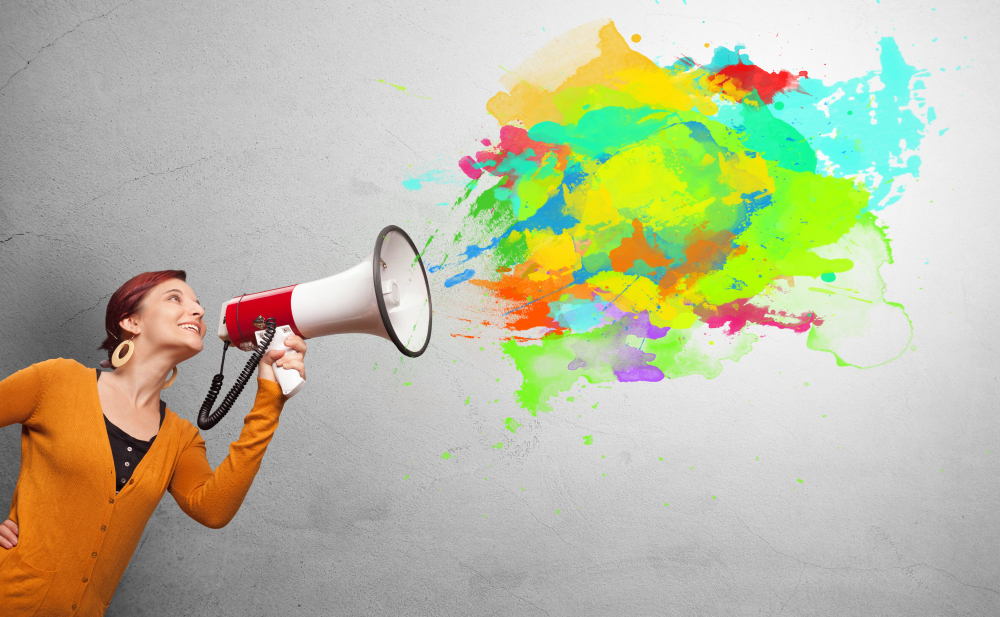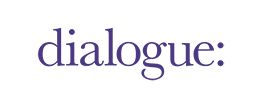The #StopHateforProfit Facebook Boycott: What Do We Do Now?
This week concludes the Stop Hate for Profit boycott of Facebook advertising, organized by the Anti-Defamation League and the NAACP among others.
All of us at Dialogue supported the boycott.
We believe the spread of misinformation on Facebook is a threat to American democracy.
The speed at which false information spreads -- and the number of our own personal contacts we see believing and sharing false information-- deeply concerns all of us on the Dialogue team.
Therefore, we paused our Dialogue organic and paid posting on Facebook and Instagram and shifted our social media focus to LinkedIn.
As the month winds down, what has the #StopForHate boycott achieved?
Unfortunately, not a lot of progress on the steps desired by the boycott organizers.
At the individual level, and at the corporate level, the boycott fell short. Many consumers were not even aware of the boycott, and while big corporations joined the boycott, most anticipate returning to their advertising activity beginning August 1.
Facebook did request a call with the organizers, but Anti-Defamation League CEO Jonathan Greenblatt gave this account of the outcome:
"There was no concrete conversation. There was no review of milestones. There was no proposal of time frame. There was really nothing, so we left that call extremely disappointed."
- Anti-Defamation League CEO Jonathan Greenblatt
A two-year civil rights audit of Facebook reports a similarly depressing outcome:
"This report outlines a number of positive and consequential steps that the company has taken, but at this point in history, the Auditors are concerned that those gains could be obscured by the vexing and heartbreaking decisions Facebook has made that represent significant setbacks for civil rights."
Facebook’s response?
The Facebook position on the boycott has essentially been King George from the musical Hamilton: You’ll be back.
The very value that Facebook delivers to advertisers is exactly what makes it so ripe for propaganda: the ability to cost-effectively hyper-target the right messages to the right people at the right time.
Or as former Facebook employee Max Wang called it: “Hurting people at scale.”
The question is: what do we do about it?
As marketers and as citizens?
Should We Return to Facebook Advertising?
We believe the answer is yes. We say that with hesitation, and also with resolve.
Greenblatt is clear that the boycott was for one month only and he expects advertisers to resume on the platform Aug 1.
He recognizes the benefits of Facebook and Instagram for small businesses. The former Silicon Valley executive describes Facebook as “the most sophisticated advertising platform in the history of capitalism.”
Harnessing the power of Facebook for purpose-led companies and small businesses is how we use the platform for good.
As such, we are resuming organic and paid posts on the platforms on Aug 1 and we recommend that our clients do the same.
The opportunity to show up with authentic messages, whether they are marketing or community-oriented, is how we model what the platform should be about
Should We Use Facebook Personally?
As the saying goes, all of us who use Facebook and Instagram are the product Facebook sells to advertisers. Our content drives Facebook's revenue.
I am a Facebook power user. I have an active community and I appreciate how Facebook keeps me connected to far-away friends and family. It also facilitates some of my business networking.
At various times over the last decade, I have aggressively gone after falsehoods and hate and I have passively let them go. Neither approach feels great to me, so not surprising, neither did they feel effective.
An emerging body of evidence about how to engage on social media informs my decision to be a more public ally for marginalized communities going forward, while more proactively countering dangerous misinformation. In 2020, that misinformation primarily swirls around the COVID-19 pandemic and racial unrest, but climate change is always in the mix.
This is how I will do it:
Aim for understanding vs. persuasion: This is one of eight points the Greater Good Science Center’s Bridging Differences initiatives recommends.
Tell my own story: It’s easier and ultimately far more effective to shine a light on your own journey than to call out someone else’s.
Just say no to political memes: Snark and sarcasm inflame more than illuminate.
Fact check, fact check, fact check: If it isn’t being reported by a wide variety of established news sources, I won't share it.
In most cases, I will use a light hand: Racism, anti-Semitism, and attacks on LGBTQ people cry out for strong definitive countering. So do dangerous falsehoods about a pandemic. As a professional communicator, however, I understand the counter-productive pitfalls of some forms of confrontation. I will not “agree to disagree” on ill-informed beliefs or facts that are supported by a plurality of credible experts and I will draw a hard line against public social media throwdowns, which are little more than performance art for bored rubberneckers.
Successful Outcomes in #StopHateforProfit from July
To conclude on an optimistic note, ADL's Greenblatt outlined what he believes the #StopHateforProfit boycott did accomplish.
He was heartened by the widespread support of major national advertisers, noting that if advertisers weren’t previously aware of how their ads ran on Facebook alongside deplorable content, #StopHateforProfit helped us all see the light.
During July, Reddit and Twitter both took steps to limit the spread of hate speech and conspiracy theories, which Greenblatt attributes in part to awareness generated by #StopHateForProfit.
And the work continues. Greenblatt again:
"I think it’s going to ... have to be a cross-sector effort. We’ve got consumer advocates, civil rights activists, corporate advertisers — and taken together, I hope we can encourage Mark [Zuckerberg]."
Share this
You May Also Like
These Related Stories

How to Keep Up With The News - We Know It’s Hard

What is Earned Media and Why Does It Go Beyond PR?


